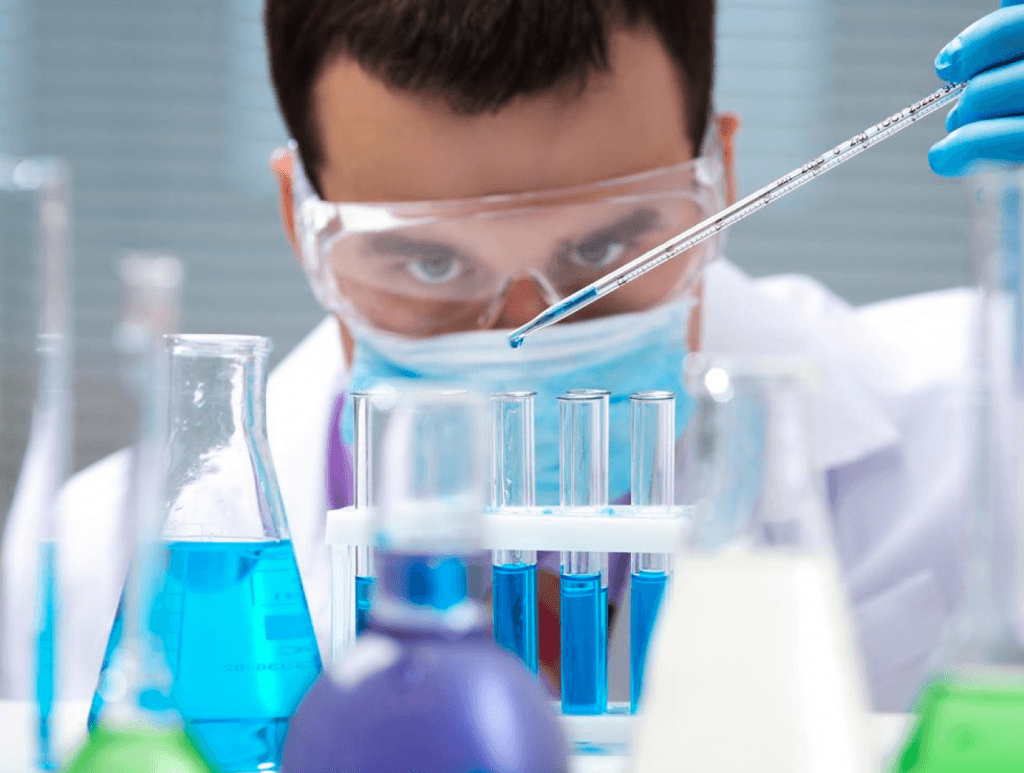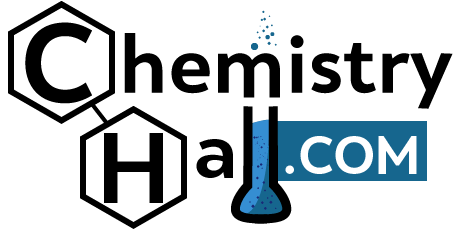Students have to deal with multiple academic tasks, and writing lab reports (lots of them!) is one of them. Its main purpose is to explain what you did in your experiment, what you learned and what the results meant.
Performing experiments and reporting them properly is a cornerstone of on your way into learning chemistry.
But how do you write a chemistry lab report properly?
It’s now time to find out!

Our ultimate guide sheds light on the main parts of lab report writing. You ought to be aware of every section and understand how to complete them properly. Therefore, we have divided our guide into three major sections that are:
- Parts of the lab report;
- A step-by-step review;
- Writing your project.
General Information
It’s necessary to begin with an overview of the main sections that should be present on a laboratory report for chemistry.
| Section | Description |
| Title Page | Provides general data about your experiment, including your name, date, the title of the experiment, your teammates (if you have any), the course you are taking, and your instructor’s name. You should leave space for an abstract right after. |
| Introduction/Purpose | It’s a couple of paragraphs long section, which briefly states the main purpose of your project. You should write a hypothesis right at the end of your intro. Back up everything with the appropriate references. |
| Materials | Make a list of all the materials you’ve used during your experiment. |
| Methods/Experimental Section | This section highlights your experimental procedures step by step and provides information about the scientific methods you have used to complete the experiment. |
| Data | You should mention all the results you’ve collected during your experiment. Simply record facts but don’t explain them yet. |
| Results | A researcher is supposed to explain all collected data in words. |
| Discussion | This section serves as the interpreter of the results. You should determine whether you’ve reached your hypothesis or not. Extract conclusions from your data. |
| Conclusion | Summarizes the entire project regardless of the success or failure of your hypothesis and explains it. |
| Graphs and Tables | Represent your dependent and independent variables in the form of graphs and/or tables. For example, you might want to add a representation of the TLC of your reaction. |
| References | Enlist the works of other scientists whose studies and articles were used to complete your project. |
Mind that sometimes these sections are called differently but have the same purpose. Some of the sections may be missing, but the general structure should be close to this. Everything depends on the educational institution.
It is important to know that usually lab reports are written after the lab session is finished. This means that you need to have everything previously recorded in your lab notebook. You are supposed to keep track of everything you do in the lab in your laboratory notebook, and then using that notebook to write down your lab report, not the other way around.
Reviewing Every Step
Now, we’d like to go through the main stages of a chemistry lab report. It’s necessary to add brief comments concerning each of them. Your laboratory report begins with a title page. You already know what it consists of. Let’s check how to compose it correctly. The information must be presented on the upper right-hand side of the page. All the points (the title, your name, collaborators, etc.) should be mentioned on the separate line.
Afterward comes the second part, which includes:
- The course title
- Title of the experiment
- Title of the parts within the experiment
- Semester, year, etc. (optional)
This data appears in the middle of the title page.
The next section is the Introduction and it begins with this word in the left upper corner of your report. It should consist of no more than a couple of paragraphs and end with at least one hypothesis.
The body of your project consists of the procedure, materials and methods employed; data; results and observations. The section Procedure commonly consists of several steps that were followed for the proper conduction of the experiment(s). They could be divided in different parts, and those would describe your actions.
The section Data contains the numerical facts and Observations that provide the changes that took place. Afterwards, you move to the Discussions, in which you ought to plainly explain all the numbers, observations and collected data. Your conclusions provide an overall summary of the entire lab report, and the whole experimental session itself.
Writing a Chemistry Lab Report
The last lap in our “race” is to write a laboratory report. We have already mentioned the main constituents of the title page. Therefore, we can hit the text of your project. Your abstract appears soon after the title page. An abstract is a quick summary that sums up the whole thing (hypothesis to be proven, and conclusions that are reached). Nonetheless, you should leave some space and skip it until the entire project is finished. It is recommended to write the abstract last. The main point is that this section provides a brief review of what your lab report is about and what you’ve managed to achieve.
Main Sections
The introductory part tells your readers what to expect from the project. Write a couple o paragraphs and explain the purpose of your experiment. Including references here is also highly encouraged. The last sentence of your introduction is called a hypothesis or a thesis statement. It shows what you hope to achieve at the end of your research.
The main body consists of several parts and of course, each has its purpose. You should introduce the materials and methods you need to conduct the research. Explain your choice and how your choice helps to conduct a safe and accurate study.
Take instant records of everything that happens during the experiment in your lab notebook. Never rely on your memory!
Afterwards, you’ll interpret the data and explain it using plain words. Don’t draw any conclusions when you record data and don’t explain it in the section called Results. This function should be fulfilled in the sections Discussions or Analysis sections, which should come right afterwards.
Your conclusion makes a brief summary. It should consist of 3-4 sentences, not many more. Restate your hypothesis in other words. Mention whether you’ve achieved your initial goal and explain its value.
Importantly, do realize that if a hypothesis cannot be proven, or an experiment doesn’t give you the results you expected, it doesn’t mean that your experiment and lab session was a failure. It is extremely common in chemistry to find yourself on this kind of situations! You only need to be able to explain why you got the results that you got, and how would you go around to fix them!
Further Sections on Your Report
Don’t forget about the contributors (labmates, supervisiors…) to your research.
You should also obligatorily use some secondary sources to support your theory. Therefore, you have to cite and make references according to the assigned writing format. You can reference other articles all over your manuscript (especially in the introduction and discussion sections), but don’t forget to put them together (or at the bottom of each page), and cite them properly.
The final step is to proofread your lab report. You’re free to use reading aloud and in your head, reading everything again, and using special grammar and spelling checking applications.
To sum up, keep in mind all these guidelines when you’re assigned to write a lab report. Thus, you’ll never miss something important, which can cost you essential grades. Write each section properly to receive the highest grades for your experiment. Always be clear, cite the appropriate references, and be objective with your analysis and conclusions!

Leave a Reply